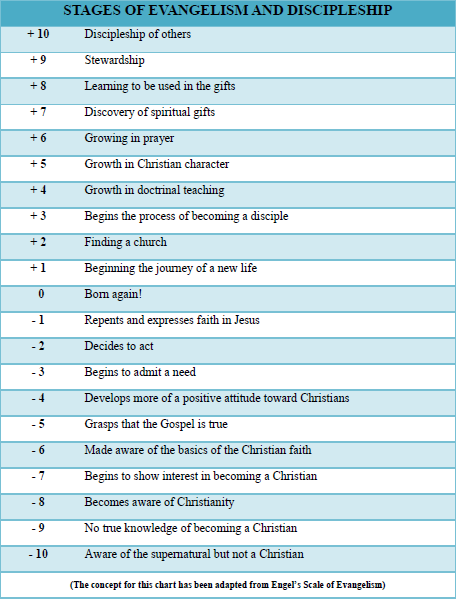Being prepared to verbally share with others about what God has done for you in your life doesn’t have to take a lot of time, or effort. Simply take a few minutes and write a 2 to 3 sentence description of a time when the Lord:
1. Saved you: Describe how and when you came to know the Lord. Include a specific difference He has made in your life or what having a relationship with Jesus means to you.
2. Healed you: Describe how the Lord healed you and why you believe in His healing power.
3. Met a need for you: Describe a time when you were needing a miracle in your finances for example, and how that supply came about.
Now all you have to do is memorize your story, remain aware of those you come in contact with who may have a similar need, and you will be prepared to bring hope and encouragement to people God has placed in your life.
Helpful hints:
- Pray for opportunities to share what God has done for you.
- Remain alert throughout your day to the needs of those around you.
- Focus on the positive side of your story – do not dwell on the negative aspects.
- Make sure that you keep Jesus as the central focus.
- If they ask you questions and you don’t have the answer, be honest.
- Don’t be pushy or arrogant. Remain humble and sensitive to their receptivity.
- Respect their time, especially if you’re at work.
- If possible, be sure to follow up on how they are doing.
In all of this remain dependent on the Holy Spirit to lead you. And remember, this is His work you are participating in. Leave the results in His hands as you continue to pray and look for additional opportunities.






